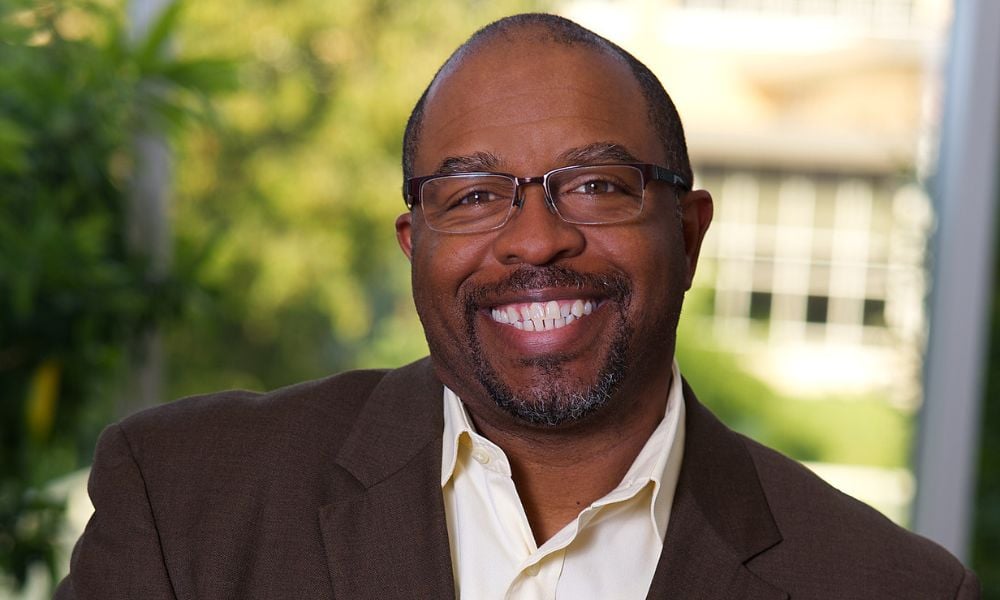
As a diversity expert, Kirkland is well-versed in the etymological difference between the words

The COVID-19 pandemic has brought about unprecedented challenges for HR leaders, being thrust into the limelight as they navigate the complexities of supporting employee wellbeing. Speaking to HRD, Devray Kirkland, chief diversity officer at Cardinal Health, he notes that understanding that every employee is impacted differently is key to providing effective support.
“From the wellbeing standpoint, everybody's not in the same place on their journey, everybody's not going through the same exact thing,” he says. “We talk a lot about equality, where we say we want to treat everybody the same – but realistically it should be much more of an equity conversation. Leaders need to understand that what works for one employee might not work for another.”
That’s been a running theme for Kirkland at Cardinal Health – the pursuit of understanding that one-size-fits-all approach simply won’t work. The pandemic upended employee expectations around health, with a study from MetLife finding that 71% of employees believe their employer has overarching responsibility for their personal wellbeing. As Kirkland tells HRD, employers need to fully understand the difference between equality and equity – something that leaders often get wrong.
“People mistake equity and equality daily,” says Kirkland. “At Cardinal Health, we have a program in which we’re teaching the difference between equity and equality to our people. That’s really important to us, because if you don't understand the difference between the two it makes it very hard for you to execute on them.”
And it's not really a nuance, they’re simply not the same. As a diversity expert, Kirkland is well-versed in the etymological difference in the pair – and warns HR leaders against using equity and equality interchangeably.
“If you’re trying to juxtapose those two words then you're really muddying things as far as the understanding that people have,” adds Kirkland. “We added ‘equity’ to our lexicon about two years ago – turning it into diversity, equity and inclusion (DEI). But we didn't just add equity just because it was a trendy word. At the time, we weren't in a position of organizational readiness to take on what equity meant and do something meaningful about it.
“It wasn’t until we reached that point that we added it to our lexicon. Now, we can show what we’re doing in the equity space that’s helping move the needle and make things better in our culture.”
This theme of putting compassion and heart at the centre of their people processes will be a main driver for Kirkland in 2023 – especially where DEI and talent attraction are concerned.
“We have 2030 goals that we put in our ESG report around representation of women in leadership roles, Black and African American Latinx, indigenous two or more races and leadership roles,” he tells HRD. “And we’ve made an intentional effort to change the representation levels for us across our organization.
“I'm extremely excited about that work, because it’s helping us ensure that the voices of the people in which we're serving, which is everybody, is also heard inside of our organization. Those perspectives are critical.”
As Kirkland says, leaders can't just assume that they understand how a certain population is thinking if they’re not engaging and understanding what that population is going through at that point in time.
“That type of inclusive thought process with representation allows us not only to ensure that we’re listening to our employees, but also helps our recruitment.”
This focus on leveraging aspects of DEI, ESG and wellbeing as a core recruitment technique is something that leaders will really see come to the fore in the next few months. After all, employees are actively hunting for more ethical companies – and shunning those they deem to be paying lip service.
According to a study by Gartner, 65% of employees want to work for organizations with a strong social and environmental conscience, with an additional report from Deloitte adding that 86% of millennials saying they’d consider leaving their job if their employer’s values did not align with their own.
And don’t think of being false in your ethics – candidate can smell a lie a mile off.
“Employees are going to want to see metrics around it, which I think is important,” adds Kirkland. “They’re going to want to know your strategy, your plans. What are your organizational goals in this and how are you going to achieve them? How are you going to go after this in an intentional way? Candidates won’t be fooled by simple smoke and mirrors.”